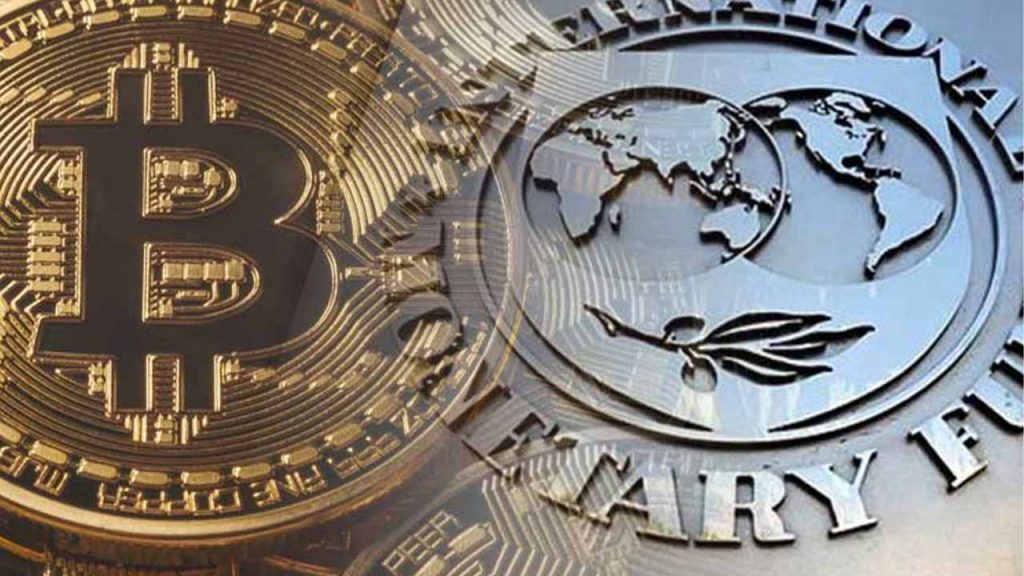Although cryptocurrencies have been in our lives for a long time, they are still discussed. While many consider these digital assets as the money of the future, not a small number of people want crypto, which they describe as fraud and a joke, to be banned. So much so that this debate has divided many countries in the world into two. Finally, the IMF, one of the world’s leading monetary authorities, announced its opinion on cryptocurrencies. Here are the details…
cryptocurrencies should not be given official currency, legal tender status – IMF
The International Monetary Fund (IMF) has cautioned against granting cryptocurrencies legal tender or official currency status. In a paper published on February 23rd, titled “Elements of Effective Policies for Crypto Assets,” the IMF warned that such a move could have a negative impact on the monetary sovereignty and stability of a nation.

The IMF’s paper considers nine key elements that nations and their central banks should take into account when creating effective policies for cryptocurrencies. It suggests that granting cryptocurrencies the status of legal tender or official currency could increase adoption and exposure to traditional financial institutions, leading to financial stability issues.
Furthermore, the IMF states that government revenues would be at risk of high variation if quoted in cryptocurrencies and that state-owned enterprises should not handle operations related to cryptocurrency. It suggests that in cases where a cryptocurrency is given official status, governments should minimize its use for official payments and avoid guaranteeing crypto-to-fiat conversions.

The IMF also highlights the importance of building strong domestic institutions and policies to enhance trust in the traditional monetary system. The paper suggests that creating a solid Monetary Policy Framework (MPF) is the first step in ensuring credibility. The IMF recommends that the MPF should be transparent, coherent, and consistent, and that it should help to anchor market expectations, curb currency substitution, and ensure the effectiveness of monetary policy.
The paper also addresses other key elements, including the need to safeguard against excessive capital flow, analyze risks stemming from crypto assets regularly, establish legal certainty around crypto assets, and establish a joint framework across agencies. The IMF also recommends enhancing global cooperation among regulators and sovereigns, monitoring the impact of crypto assets on other economies, and developing digital infrastructure and alternative solutions to improve cross-border payments.
The IMF’s paper provides a comprehensive framework for countries to create effective policies for crypto assets, and highlights the importance of building strong domestic institutions and policies to enhance trust in the traditional monetary system. While the paper cautions against granting cryptocurrencies official status, it suggests that countries should be proactive in addressing the risks associated with crypto assets, and should collaborate globally to develop digital infrastructure and alternative solutions to improve cross-border payments.
RELATED:
- Best Laptops for College Students in 2023
- Samsung Admits Slow Camera Speed: Fixes Issue but Not for Everyone
- Motorola Defy 2 Rugged Phone, Defy Satellite Link Bluetooth Accessory With…
- Microsoft Announces ChatGPT for Robotics, Robot Interactions Without Learning Complex Programming
- Poco C55 Launched in India with 6.71-inch HD+ display, Helio G85, 5,000mAh Battery and More
(via)





